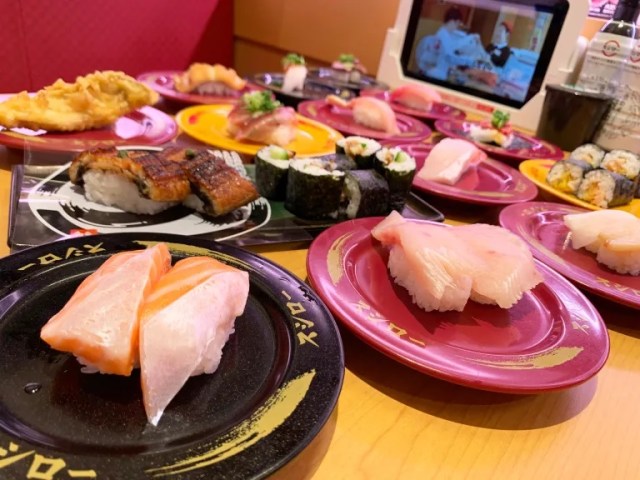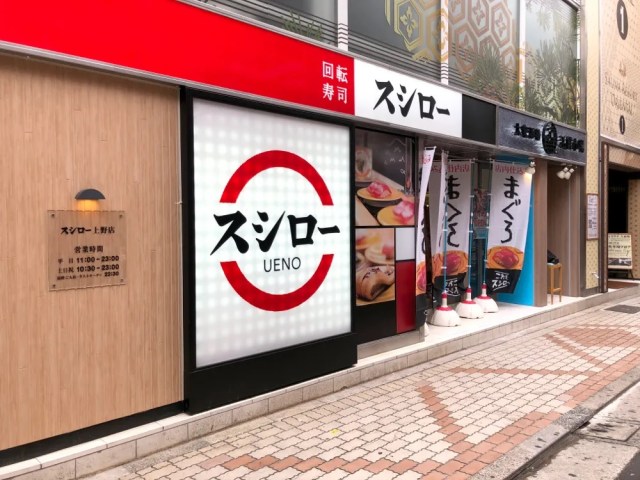Japan’s most popular revolving sushi chain relaxes employee dress code, allows dyed hair, beards

Sushiro wants to create a more individualistic work environment.
Japan takes customer service very seriously, and oftentimes that also means strict dress codes and personal appearance regulations for service workers. But this month Sushiro, one of Japan’s biggest revolving sushi/kaitenzushi chains, has loosened the rules for its restaurant staff.
Until now, Sushiro workers were not allowed to have bleached or otherwise brightly dyed hair. As of November 1, though, Sushiro is no longer placing restrictions on employee hair color, or eye color either, as it’s also removed its prohibition against employees wearing colored contact lenses. Also newly permissible for employees are wigs, and even facial hair is now OK.
Food & Life Companies, Sushiro’s parent company, says says that the changes are part of its efforts to create “a workplace where employees can work enthusiastically as their own individuals.”
▼ The exterior of the Sushiro branch in Tokyo’s Ueno neighborhood

There may also be less flowery, more pragmatic elements to the new rules as well, though. As Japan’s population shrinks many companies are bracing for possible labor shortages in the years ahead, and broadening the potential applicant pool should be one way of alleviating such problems.
At the same time, it’s also true that roughly 25 years have passed since the brown-and-blond-dyed-hair fashion boom of the late ‘90s, which was accompanied by a spike in colored contact lens use. While both trends have receded from their peaks, neither has entirely disappeared, meaning there are now Japanese young adults of working age who’ve been seeing compatriots of theirs with dyed hair and non-brown eyes for their entire lives, and are less likely to associate such looks with a lack of hygiene or earnestness than older generations.
There’s one more possible factor in Sushiro relaxing its regulations too. Another of the dress code revisions states that employees will now be allowed to wear hijabs, specifically using the term for the head coverings worn by women in many Muslim cultures. Since hijabs aren’t worn by Japanese women, Sushiro making a point of explicitly allowing them suggests that the company envisions non-Japanese workers becoming a more important part of its workforce. If that’s the case, it stands to reason that some of those workers won’t have the black hair and brown eyes that the vast majority of Japanese people do. Rather than allowing workers to have brown or blond hair only if it’s determined/declared to be their natural color, it’s simpler just to allow it for everybody.
Sushiro says that workers will still be required to wear caps or hair nets during work, though that appears to be the rule for all staff, not just those with dyed hair. Hijabs will need to be tucked into the employee’s uniform, likely as a safety precaution to avoid interfering with hand/arm movements, and employees with facial hair must wear masks.
Source: PR Times via IT Media
Photos ©SoraNews24
● Want to hear about SoraNews24’s latest articles as soon as they’re published? Follow us on Facebook and Twitter!
Credit:

0 comments: